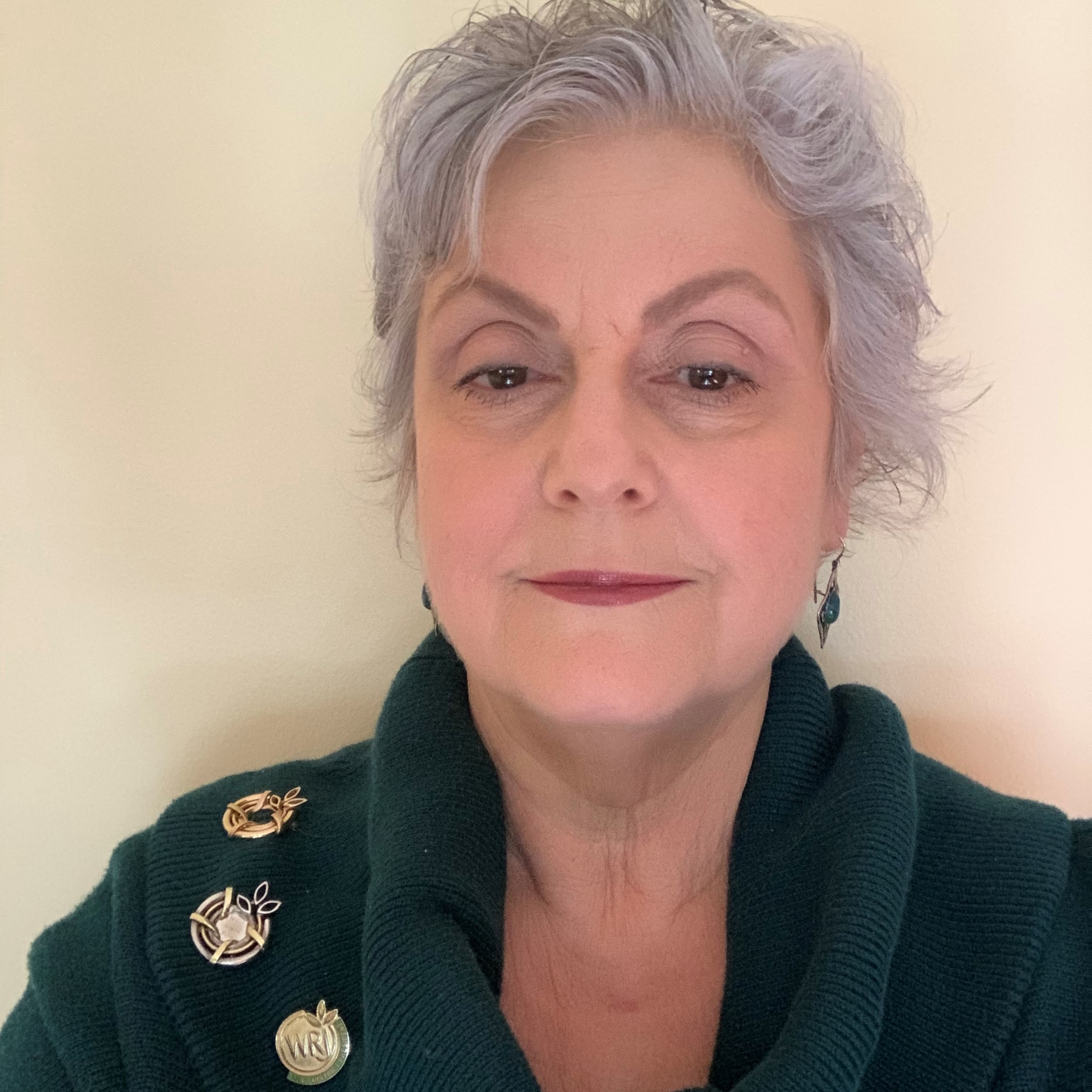
I was all set to write a d’var Torah that would have focused solely on the women in this portion whose concerted activity ensured that the infant Moses would survive to lead the children of Israel out of slavery. However, as I was reviewing the first few lines of Exodus, my attention was caught by these verses: “But the Israelites were fertile and prolific; they multiplied and increased very greatly, so that the land was filled with them. A new king arose over Egypt who did not know Joseph. And he said to his people “Look, the Israelite people are much too numerous for us. Let us deal shrewdly with them, so that they might not increase; otherwise in the event of war they may join our enemies in fighting against us and rise from the ground.” (Exodus 1:7 - 10)
Fear of the stranger and the consequences of this fear are a theme of Sh’mot. And we, the Women of Reform Judaism, are still fighting this fear today, advocating for policies promoting: comprehensive immigration reform including a path to legalization for the millions of undocumented immigrants in the United States, humane treatment for all detained immigrants, including proper medical care and educational and other services for children in detention, and improving the processes for visa renewal and family reunification. Also, we strongly support a path to citizenship for DREAMers. These positions reflect our tradition’s strong emphasis on the humane treatment of the stranger among us, as well as our extensive history as undesired immigrants.
However, immigrants are not the only strangers among us. There are those who look different, those who have different abilities, and those whose gender identity is not that which was assigned at birth. We, the members of WRJ, have a responsibility to stand up for these individuals and groups. I do not even like to use the term “stranger” because of the judgment implied in the word. WRJ is doing Diversity Equality and Inclusion (DEI) and Racial Justice work by educating ourselves and bending the arc of history toward justice, inclusion, and belonging through our advocacy and philanthropy.
I will now return to the women in this portion. The midwives, Shifra and Puah, violate the Pharaoh’s command that all Israelite male infants be killed to save Moses and other Israelite male infants. Moses’ female relatives and later, ironically, the Pharaoh’s female relative (his daughter) and her servants who are part of the king’s household find Moses in the river and raise him. I find it significant that Moses’ story begins with the courageous and cooperative efforts of women.
Without these women - a community of women - Moses would not have been saved and would not have been able to liberate the slave nation and lead them to nationhood. Without their efforts, there likely would not be a people of Israel. It is significant to me that women, slave women, are the major actors in this story. In her commentary on this portion in The Torah: A Women’s Commentary, Dr. Susan Niditch points out that these women collaborate across ethnic, class, and religious lines. She states that these women were “filled with a power rooted in moral reason, an ethical concern for life, and the capacity to empathize. We learn a valuable lesson in political ethics: the very weakest in society can contribute to liberation by judiciously engaging in acts of civil disobedience.”
Another question raised in Sh’mot is what do we do when confronted with an unjust law? Shifra and Puah who feared God (it is mentioned twice in parashah that they are God fearing) not only disobeyed the king but also lied to him when he questioned them about their noncompliance with his order. The commentator states that their lying to Pharaoh is open defiance. Even the Pharaoh’s daughter’s adoption of Moses is a defiant act. These women chose to do what was right and just rather than what was legal. And again, it is what women do to assure that justice is done.
I am proud to be the spiritual descendent of these women and to be following in their footsteps.
Liz McOsker is the President of WRJ Central District and has served on the WRJ Board since 2011, including three terms on the WRJ Executive committee. Liz lives in Cincinnati OH and is a member of Isaac M. Wise Temple and is a past president of Women of Wise.
Related Posts

Continuing to Educate and Empower People Together

My Challah-Making Experience


